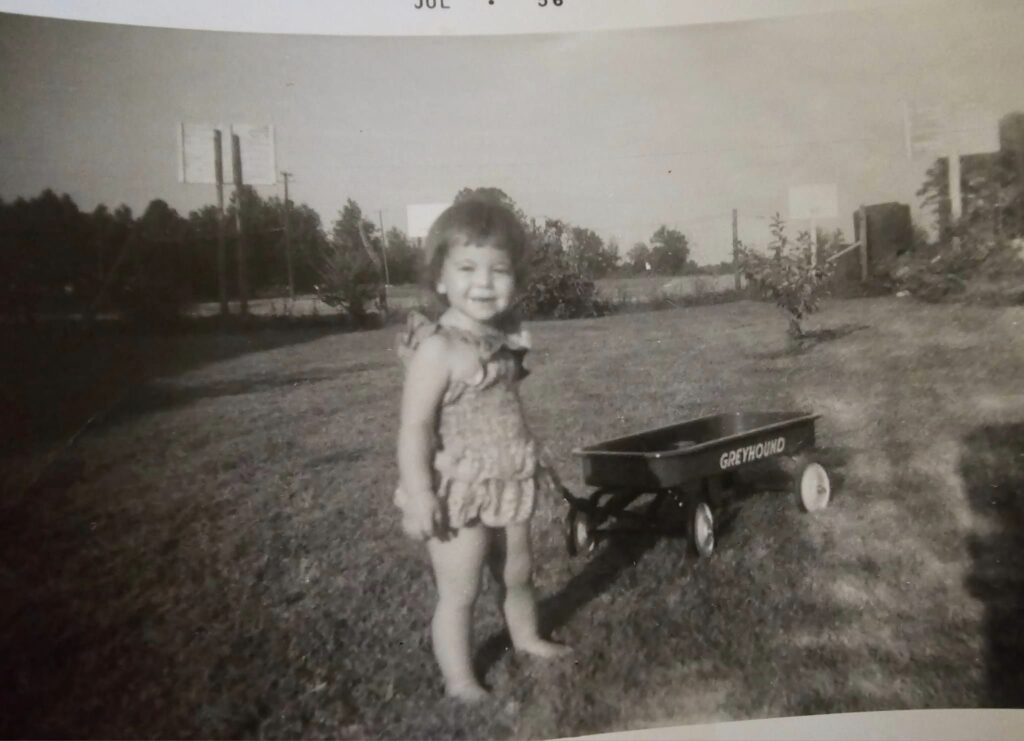
When I was young, my nuclear family left Arkansas to follow my father’s law enforcement career across Texas and California. I gleaned much of what I knew about our extended family from the stories my parents told of growing up near the Great Bend of Red River. Over years of extended visits to Arkansas, grandparents, great-grandparents, and their siblings shared personal memories, as well as those passed down by earlier generations. I met my great-grandfather on his ninety-ninth birthday when I was not quite five. He told me that when he was my age, Sherman’s Yankee troops burned his family’s South Carolina farm, killed all the farm animals, took away the food stores, and left his mother, his aunt, and two small children to starve. Grandpa Collins died a month short of his hundred and first birthday. I’d like to live to be one hundred just so someone can hear a two-hundred-year-old story only second-hand.
The Song of the Blue Bottle Tree is set sixty years ago during an era when I spent a lot of time in Arkansas. Some people want to believe the story is semi-autobiographical. Nope. Not even close. Though I shared some memories and experiences with her, I am emphatically not Genevieve, nor is her family mine. When folks say, “No one could make up a story like this,” I’m caught between laughter and mild irritation because making stuff up is what novelists do. Except for three very minor characters, not a single person in the story is real. That doesn’t mean that some of the experiences and emotions in the book aren’t depressingly commonplace.
For ten years, I had the privilege and honor to serve as a member of the victim response unit for the local sheriff’s department. In that capacity, I glimpsed the trauma suffered by people on the worst days of their lives. Time and again, I saw battered women, children, and occasionally men crumple under unbearable abuse from the very people they expected to love them the most. I’d like to say most rallied and went on to live independent, happy lives, but I can’t. Escaping an abusive situation is complex, difficult, and sometimes life-threatening. Thriving afterwards requires rare strength and determination. The things I observed in my years as a first responder contributed to the creation of The Song of the Blue Bottle Tree. No character represents a real person, but the emotions and struggles those characters experience are real for someone. I hope the book will in part answer the question, “Why do people stay with abusive partners?” and alleviate the contempt people who don’t struggle too often feel for people who do.
Thank you for reading the story.
